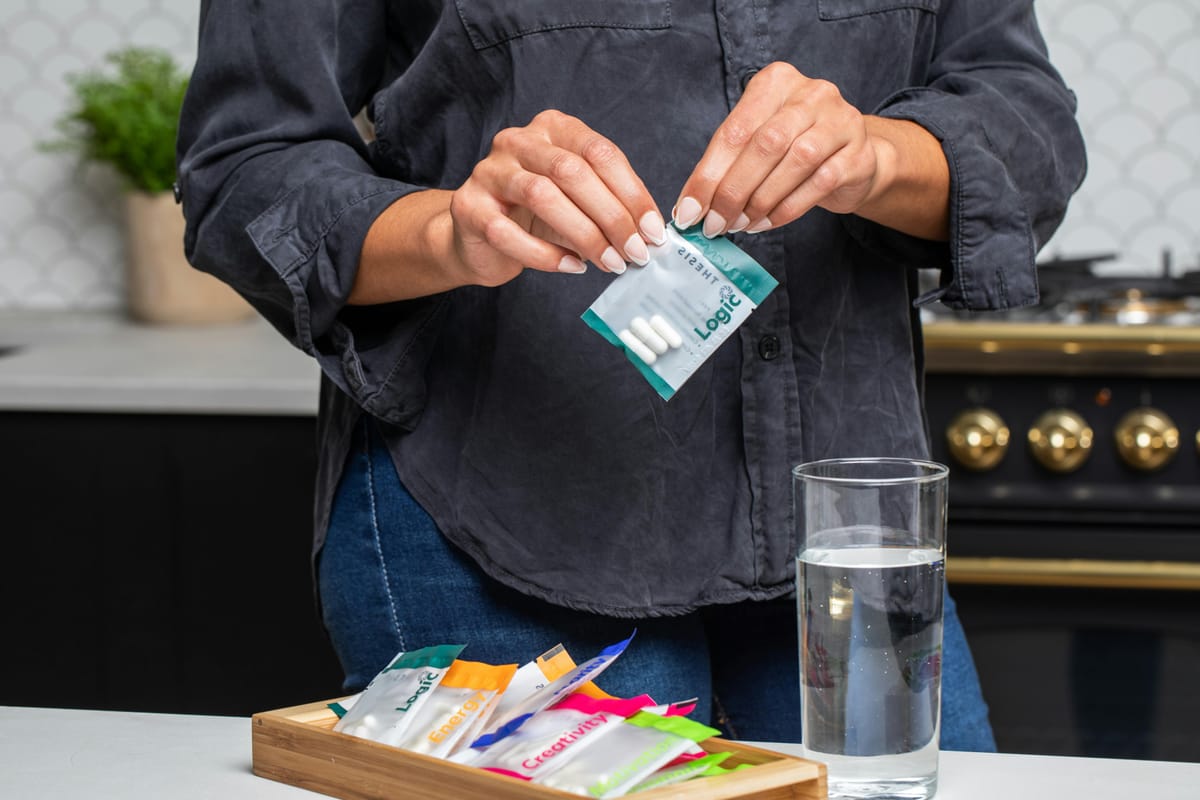How to Spot a Wellness Fad Before It Hooks You
Borax in your water? Colostrum in your coffee? Healthtok is coming out with a new trend every week. But not everything hyped up is safe (or even real). Before you sip, sprinkle, or spend, ask: Who’s selling this, and why? The truth behind the trend might not be what your feed tells you.

Colostrum lattes, borax water, brain-boosting gummies; every scroll seems to bring a new “miracle” product that promises to fix everything from gut issues to aging.
Between pretty packaging and viral testimonials, it’s getting harder to tell what’s actually backed by science and what’s just the next overpriced distraction. Before you hit “add to cart,” learn how to spot a wellness fad before it breaks your bank account.
It Promises Instant, Unrealistic Results
If something claims to “detox your liver overnight” or make your skin glow in three days, that’s your cue.
Real, long-term health changes come from consistent habits like nutrition, sleep, and movement, not overnight transformations.
Quick fixes appeal to our impatience, but they rarely deliver lasting results.
At best, they’re harmless. At worst, they may delay real solutions or cause more harm than good.
There’s No Science Behind It
Many wellness fads heavily rely on testimonials, before-and-after photos, and celebrity endorsements instead of hard scientific data.
These stories are used as proof that the product is used and it works. To convince you.
But they’re no substitute for peer-reviewed studies or recommendations from actual medical professionals.
Always ask: Is there solid evidence? If the only research comes from the company selling the product, or no research at all, stay sceptical.
The Marketing Feeds Off Fear
Some of the most aggressive fads thrive on anxiety.
You’ll see headlines like “Doctors don’t want you to know this!” or “This one ingredient is poisoning your body.”
These scare tactics are designed to create distrust in conventional health advice. All while pushing you toward a pricey solution.
When marketing tries to make you panic or feel broken, it’s usually a sign the product is selling fear, not health.
It’s Built to Sell, Not Serve
Always ask yourself who gains the most. Is the person promoting it a qualified health expert or someone who makes a commission every time you buy?
If the trend is linked to expensive subscriptions, one-time offers, or high-pressure sales language, it’s likely more about profit than public health.
Legitimate health solutions don’t usually come with countdown timers and cart-abandonment emails.
The Claims Are Vague (On Purpose)
Words like “boost,” “cleanse,” “flush,” or “reset” are everywhere in wellness marketing, but what do they actually mean?
Often, they don’t mean anything at all.
If the product can’t clearly explain how it works, what’s in it, or what it’s targeting, you’re probably dealing with smoke and mirrors.
Transparency should be the minimum standard for any health-related claim.
It Contradicts Medical Advice
Fads often contradict long-standing medical advice or change rapidly from week to week.
One day, celery juice is the holy grail; the next, it’s colostrum smoothies or borax water. True, science evolves, but evidence-based recommendations don’t flip-flop every season.
Real wellness advice tends to be slow, stable, and supported by years (not days) of research.
How to Stay Grounded in the Wellness Noise
The next time you feel tempted to jump on a new trend, ask yourself:
- Who’s behind the claims?
- What are their qualifications?
- Are they benefiting financially from your purchase?
Then, do your own digging; look for independent coverage from universities, hospitals, or government agencies instead of relying on influencers or blogs.
Following the trail back to the original studies can also help you filter the hype from the truth.
Examples of Wellness Fads to Watch
Some recent trends that fall into the wellness-fad zone include:
- Detoxes and cleanses
- Celery juice
- Colostrum supplements
- Borax water
- Raw milk
- NAD+ supplements
- Brain foods with exaggerated claims
Final Thoughts
The wellness industry is massive. It’s driven more by marketing than by medicine.
Despite the flashy packaging and glowing reviews, no single product, powder, or protocol can “transform” your health overnight.
Lasting wellness doesn’t come from hacks. It comes from sustainable choices: eating balanced meals, sleeping well, moving regularly, and protecting your mental health.